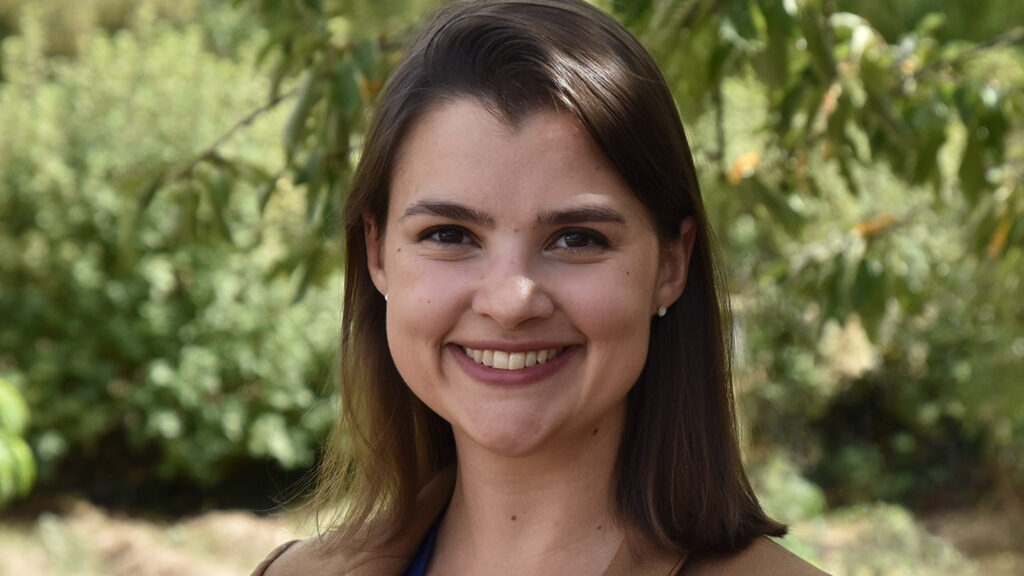Meet our new faculty: Louisa Foroughi
 Area of study: Current research focuses on a group of wealthy peasants in late medieval England known as the “yeomen.” “I seek to highlight the creativity and agency of the yeomen as they crafted their identity, and to clarify how power dynamics within the English countryside allowed a select few to profit while the majority of people were disenfranchised,” she says. She also studies the relationship between culture and power; for example, how education and access to texts were used to limit religious authority.
Area of study: Current research focuses on a group of wealthy peasants in late medieval England known as the “yeomen.” “I seek to highlight the creativity and agency of the yeomen as they crafted their identity, and to clarify how power dynamics within the English countryside allowed a select few to profit while the majority of people were disenfranchised,” she says. She also studies the relationship between culture and power; for example, how education and access to texts were used to limit religious authority.
Fall courses: Race and Material Culture in Early Modern Europe, and the History of Medieval Europe
On the impact of COVID: “Preparing to teach remotely has encouraged me to think creatively about my pedagogy and the many digital tools that we have at our disposal. Being remote does not mean my students and I will be disconnected—I’m going to use a variety of applications and new types of assignments to build classroom communities and bring us closer together during this challenging time. For example, in addition to synchronous Zoom sessions, students in both my courses will annotate and discuss their readings asynchronously using a tool called Perusall, and students in my course on race and racism in the early modern world will build a collaborative 3D virtual gallery of interrelated images and artifacts using Artsteps.”
On addressing racial justice: “I will be highlighting issues of race and racism and adopting anti-racism approaches in both of my classes. The murders of George Floyd, Breonna Taylor, and Ahmaud Arbery, and the subsequent protests, show how urgently we as a nation need to work in pursuit of racial justice. I want my students to understand that academia has long supported racist agendas and institutions, but that through critical reasoning we can learn to dismantle these institutions and build a more equitable future. I am committed, for instance, to assigning books and articles by many different Black scholars and scholars of color, so that students of all backgrounds understand that their voices are central to the future of pre-modern European studies.”
My moment of zen: “Being physically active has been key for me over the months of confinement and social distancing. For a long time, I was limited to walking or running, but a friend recently lent me their bike and that has totally changed the game! I love taking long rides to visit new places—a forest park, the nearby river, unfamiliar neighborhoods. It’s been a great way for me to feel centered and get active while exploring the local area.”
What I like about Easton: “Easton is a really vibrant city! I’m a food fanatic, so it’s a big treat for me to have a great Indian restaurant, a French bistro, and a handmade Japanese ramen place all on Northampton Street. For iced coffee and snacks, ThreeBirds Coffee House is a particular favorite, and the farmer’s market is a major draw. I’m looking forward to trying out many more restaurants in the months to come!”
1 Comment
Louisa, love to get together whenever you finally get to campus; have lots of books and some ideas for your consideration. Welcome to the history department!! Best, bob
PS I studied with Profs. Hastings and Judson in grad school, and suffered with Herb Rowan as well.